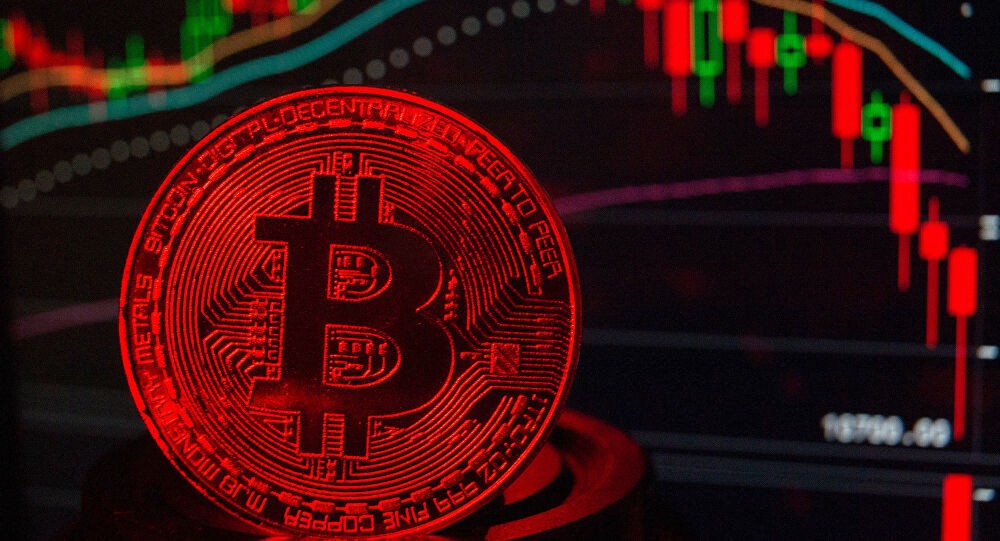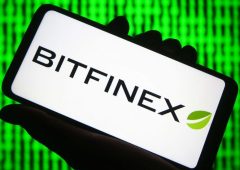Galaxy Digital Issues Warning on Bitcoin’s Layer-2
06.08.2024 10:00 1 min. read Alexander Stefanov
Galaxy Digital is warning that Bitcoin layer-2 solutions might face significant financial challenges due to increased transaction fees.
In a recent research update, the firm highlighted that Bitcoin’s blocks—where data is stored and encrypted—are becoming overcrowded due to high demand.
Galaxy Digital forecasts that layer-2 projects, known as rollups, will likely encounter higher costs for block inclusion as competition intensifies. This could push transaction fees to levels that may become prohibitively expensive for some users, particularly rollups.
The firm’s analysis suggests that Bitcoin layer-2 projects could end up spending millions annually to secure blockspace. Their model assumes that a rollup’s zk-proof and state changes amount to 400KB per 730 blocks (about a month). If transaction fees rise to 50 sats per byte, the monthly cost for a rollup would reach $2.3 million, translating to roughly $27.6 million per year.
Currently, Bitcoin transactions are averaging about 2 sats per byte, according to Mesmerdata. Galaxy Digital warns that rollups failing to manage these costs effectively might deplete their funds and face bankruptcy.
The report concludes that while the high costs may not eliminate all rollups, they will likely limit the market to only a few survivors. Projects unable to justify the expense of posting to Bitcoin risk exhausting their resources.
-
1
Bitcoin Enters new Discovery Phase as Profit-Taking Metrics rise and outflows dominate
06.07.2025 8:00 2 min. read -
2
U.S. Lawmakers Target El Salvador With Crypto Sanctions Plan
10.07.2025 15:00 2 min. read -
3
Strategy’s $60 Billion Bitcoin Portfolio Faces Mounting Risks, CryptoQuant Warns
10.07.2025 16:36 3 min. read -
4
Esports Giant Moves Into Bitcoin Mining
05.07.2025 13:00 2 min. read -
5
Bitcoin Dominance Nears Key Resistance — Is Altseason Coming Next?
13.07.2025 17:00 2 min. read
Tesla Q2 Earnings Surge on Bitcoin Rally and AI Growth
Tesla stunned investors in Q2 2025 with a $1.2 billion profit, nearly tripling its previous quarter’s net income.
Biggest Bitcoin Miner Will Raise $850M To Buy Bitcoin
MARA Holdings, Inc. (NASDAQ: MARA), a leading digital infrastructure and Bitcoin mining firm, announced plans to raise $850 million through a private offering of 0.00% convertible senior notes due 2032.
Crypto Market Slips on Senate Bill and Altcoin Leverage Risk
The crypto market dropped 1.82% over the last 24 hours, ending a multi-day streak of gains.
Elon Musk’s SpaceX Moves $150M in Bitcoin
SpaceX has moved 1,308 BTC—worth roughly $150 million—to a new wallet address, marking its first on-chain activity in more than three years.
-
1
Bitcoin Enters new Discovery Phase as Profit-Taking Metrics rise and outflows dominate
06.07.2025 8:00 2 min. read -
2
U.S. Lawmakers Target El Salvador With Crypto Sanctions Plan
10.07.2025 15:00 2 min. read -
3
Strategy’s $60 Billion Bitcoin Portfolio Faces Mounting Risks, CryptoQuant Warns
10.07.2025 16:36 3 min. read -
4
Esports Giant Moves Into Bitcoin Mining
05.07.2025 13:00 2 min. read -
5
Bitcoin Dominance Nears Key Resistance — Is Altseason Coming Next?
13.07.2025 17:00 2 min. read


